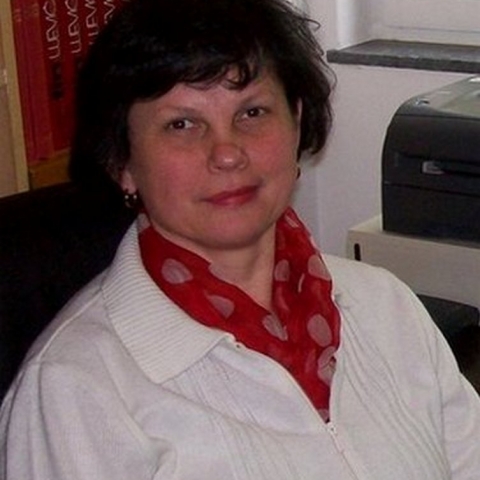Stories from the past
The anecdotes, jokes and stories you can hear and read in this section come from the publications listed below. We hope to continue adding new recordings from these and other collections of texts without original recordings, so come back and check this page out again.
- Lu fraţi nostri
Most texts collected in 1927. and 1928. - Texte istroromîne
Texts collected in 1932. and 1933. - Istrorumunjsko-hrvatski rječnik (s gramatikom i tekstovima)
Texts collected between 1962. and 1967.
Since the middle of the 19th century, linguists and ethnologists had been intrigued by the existence of the Vlaški and Žejanski (Vlashki and Zheyanski, also, Istro-Romanian) linguistic enclaves on the Croatian peninsula of Istria. Many visited the Istrian villages where the language is spoken and they wrote down, and later published, anecdotes, jokes, and stories told by the men, women and, even, children they encountered on their study trips.
We wanted to make some of these stories more accessible to a wider audience and so started this community project, in which we record today's speakers of the language reading a selection of old texts for which audio recordings are not available.
If you are a speaker of Vlaški and Žejanski, you may notice, like some of our readers, that the language used in the stories is occasionally a bit odd, not quite the way you speak today. While some of the differences you are noticing may be due to the original researchers' unintentional misinterpretation, more than likely, the language has simply changed naturally over time. More than forty years have passed since even the most recent texts featured here were written down. Some words, for example, may have fallen out of use and been replaced by new ones. These differences are, therefore, not at all surprising.
We hope you'll enjoy listening to the stories as much as our readers enjoyed reading them for you.

Storiĭa de zmaiu - A Story about the Dragon
A dragon and a man compete to test each other's strength.
This story was told by Mate Sanković from Žejane (Žeiân) to Traian Cantemir at the beginning of the 1930s. It was published in Texte istroromîne. The story is read here by Rosana Zulijani (b. Stambulić)
Audio and text Translation Photo album
Sel'ianu în cetate - A Peasant in the City
This is a funny story about a peasant who decides to have a meal in a hotel restaurant.
Mate Doričić from Žejane (Žeiân) told this story to Traian Cantemir in the early 1930s. The story was published in Texte istroromîne. It is read here by Adrijana Gabriš-Stambulić.
Audio and text Translation Photo album
Ceaia ce-au totile svitu vezut - The Father who Saw the Whole World
Hidden under his parents' bed, a boy figures out a way to find a lost goat.
This story was told by Mate Doričić lu Martinina from Žejane (Žeiân) to Leca Morariu on September 8, 1927. The story was published in Lu fraţi noştri. It is read here by Ivanka (Sonja) Doričić-Bačić, the story-teller's relative.
Audio and text Translation Photo album
Vut-a Lovranţi coståńu - Lovranians Had a Chestnut Tree
Lovranians had a chestnut tree above the sea--and some trouble keeping it up.
This story was told by Marija Gržić (b. Ljubičić) from Gradinje to August Kovačec in the 1960s, then published in his Istrorumunjsko-hrvatski rječnik (s gramatikom i tekstovima). The story is read here by Marija Vrzić (b. Gržić), the story-teller's daughter.
Audio and text Translation Photo album
Toturo Ie - It's All The Same
An ingenious wife finds a way to reduce the penance given to her husband for his sins.
This story was told by Mate Turković lu Råde from Žeiân/Žejane to Leca Morariu on September 12, 1928. The story was published in Lu fraţi noştri. It is read here by Ana Legac (b. Stambulić), the story-teller's granddaughter.
Audio and text Translation Photo album
Cum ăs folele? - What is a Bagpipe Like?
The musician Mate Peloza describes a bagpipe.
Folele, a bigpipe, was described by Mate Peloza lu Mišić from Žeiân/Žejane to Leca Morariu on September 14, 1928. This description was published in Lu fraţi noştri. It is read here by Mauro Doričić, the story-teller's great-grandson.
Audio and text Translation Photo album
